Before or After Brushing Your Teeth?
Brushing teeth and using dental floss are indispensable parts of the daily routine to maintain oral and dental health. In addition to these, mouthwashes are also important aids that support oral hygiene. Mouthwashes are beneficial in preventing bad breath, fighting harmful bacteria, and preventing gum diseases. Whether to use mouthwash before or after brushing and flossing depends on personal habits and preferences. Let’s examine the advantages and disadvantages of each usage:
Using Mouthwash Before Brushing
Using mouthwash before brushing especially helps to quickly freshen breath upon waking up in the morning. It loosens food particles stuck between teeth and softens bacteria and plaque on the tooth surface, making them easier to clean.
The main downside of using mouthwash before brushing is that the feeling of freshness might create a false sense of having completed oral hygiene, which could lead to neglecting proper brushing and flossing.
Using Mouthwash After Brushing
When used after brushing, since the tooth surfaces and spaces are already cleaned, the antibacterial properties of the mouthwash provide more effective hygiene. It also completely removes any residue that may remain on the back teeth. If the mouthwash contains fluoride, it helps strengthen the tooth enamel. It maintains the feeling of fresh breath and cleanliness for a longer time.
On the other hand, if a fluoride-free mouthwash is used, it may negate the fluoride benefits provided by the toothpaste, which is a disadvantage.
Which Time Is More Appropriate?
The timing for using mouthwash depends both on the product used and personal habits. However, using it after brushing generally yields more effective results. Everyone shapes their own oral hygiene routines according to their needs; the important thing is to maintain hygiene regularly and correctly. For example, mouthwash can be used before brushing in cases such as needing fresh breath in the morning. It is important to remember that mouthwash does not replace brushing and flossing, but can be beneficial as a supplementary oral hygiene product.

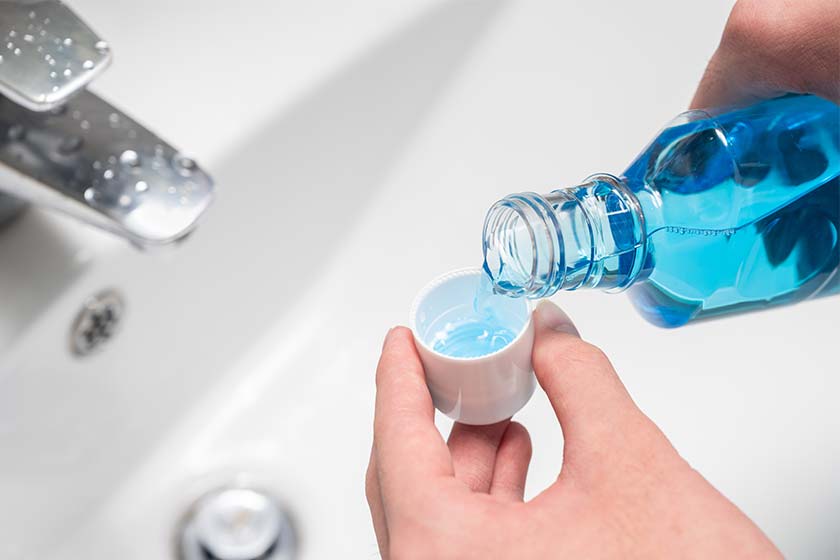
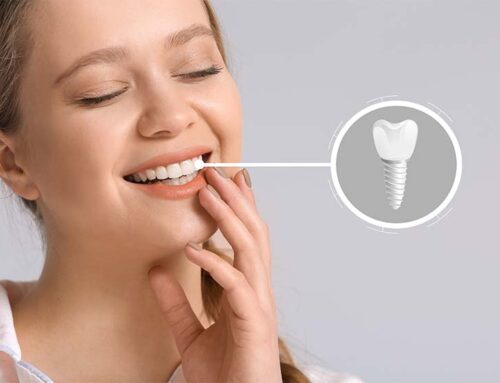
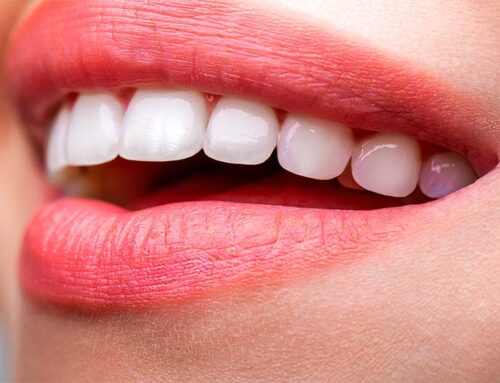
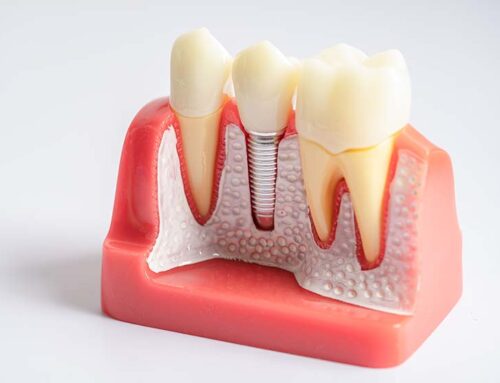
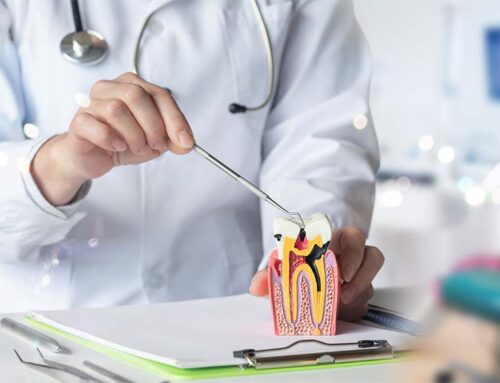
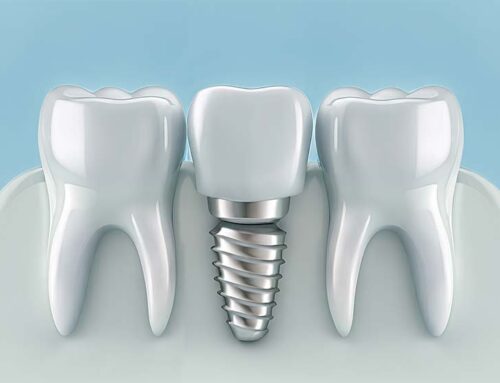
Leave A Comment